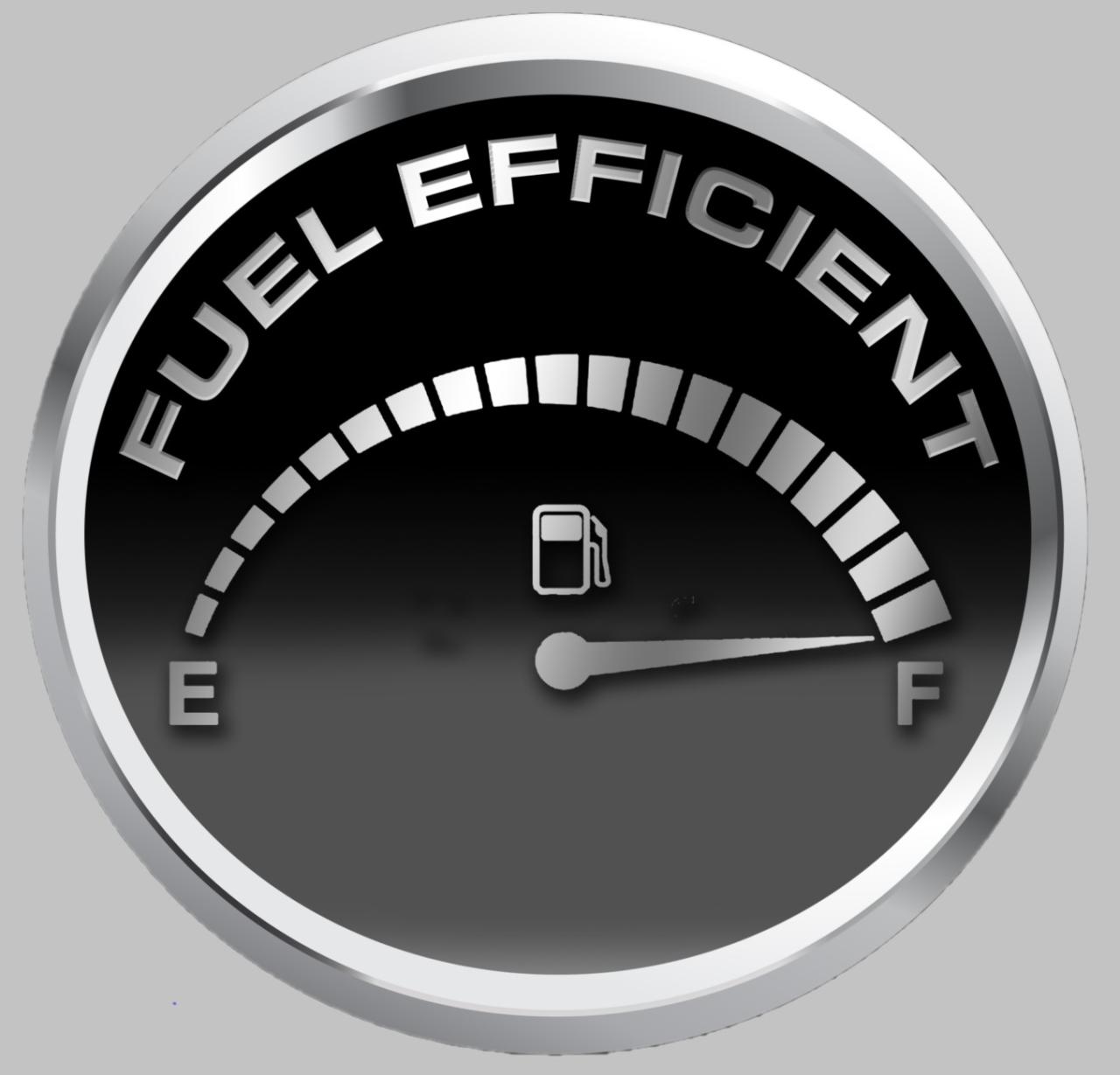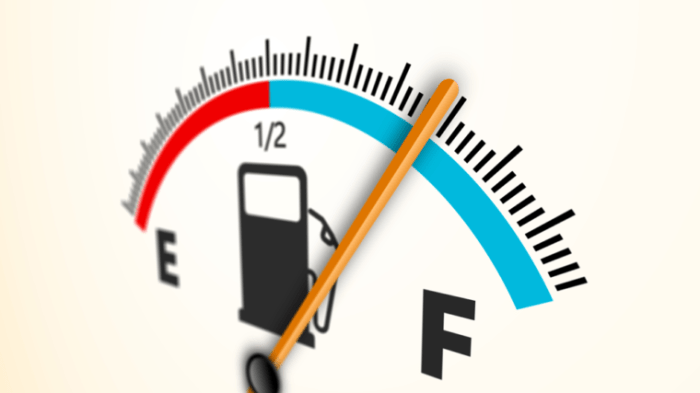Fuel efficiency tips are key to getting the most out of your ride. From saving money to reducing your carbon footprint, these tips will rev up your vehicle’s performance. Buckle up and let’s dive into the world of fuel efficiency!
Importance of Fuel Efficiency: Fuel Efficiency Tips
Fuel efficiency is crucial for vehicles as it directly impacts not only the driver’s wallet but also the environment. By improving fuel efficiency, drivers can reduce their overall fuel costs, decrease their carbon footprint, and contribute to a cleaner and healthier planet.
Environmental Impact
Improving fuel efficiency plays a significant role in reducing harmful emissions that contribute to air pollution and climate change. Vehicles with better fuel efficiency produce fewer greenhouse gases, such as carbon dioxide, which helps in preserving the quality of the air we breathe and mitigating global warming.
Benefits of Improving Fuel Efficiency
- Save money on fuel costs in the long run
- Reduce dependency on fossil fuels
- Decrease carbon footprint and environmental impact
- Extend the lifespan of the vehicle by reducing wear and tear
Driving Habits

When it comes to fuel efficiency, your driving habits play a crucial role in determining how many miles you can get out of a gallon of gas. By making some simple changes to how you drive, you can significantly improve your fuel economy and save money at the pump.
Impact of Speeding
Speeding not only increases the risk of accidents but also has a negative impact on your fuel consumption. Driving at high speeds can significantly decrease your fuel efficiency, as your vehicle has to work harder to overcome air resistance. For every 5 mph you drive over 50 mph, you can assume you’re paying an extra $0.16 per gallon of gas.
Aggressive Driving
Aggressive driving, such as rapid acceleration and braking, can also lead to decreased fuel efficiency. By driving more smoothly and avoiding sudden stops and starts, you can reduce the amount of fuel your car consumes. In fact, aggressive driving can lower your gas mileage by up to 33% on the highway and 5% around town.
Vehicle Maintenance
Regular vehicle maintenance is crucial for ensuring optimal fuel efficiency. By keeping your vehicle in top condition, you can reduce fuel consumption and save money in the long run.
Importance of Tire Pressure
Maintaining proper tire pressure is key to maximizing fuel efficiency. Under-inflated tires can increase rolling resistance, causing your engine to work harder and burn more fuel. Be sure to check your tire pressure regularly and inflate them to the recommended levels.
Engine Maintenance Tips, Fuel efficiency tips
– Regularly change the oil and oil filter according to the manufacturer’s recommendations.
– Keep up with scheduled tune-ups and maintenance checks to ensure your engine is running smoothly.
– Replace air filters as needed to prevent clogs that can reduce fuel efficiency.
– Check for any warning lights on your dashboard and address any issues promptly to avoid potential damage to the engine.
Aerodynamics and Load

When it comes to fuel efficiency, aerodynamics and the weight you’re carrying in your vehicle play a crucial role. Let’s dive into how these factors can impact your fuel consumption and what you can do to improve it.
Aerodynamics and Fuel Efficiency
Aerodynamics refers to how easily air flows around your vehicle as you drive. A vehicle with poor aerodynamics will experience more drag, requiring more fuel to maintain speed. To improve fuel efficiency, consider the following tips:
- Keep windows closed at higher speeds to reduce drag.
- Remove roof racks or cargo carriers when not in use to decrease wind resistance.
- Ensure tires are properly inflated to reduce rolling resistance.
Excess Weight and Fuel Consumption
Carrying excess weight in your vehicle can significantly increase fuel consumption. The engine has to work harder to move a heavier load, burning more fuel in the process. To reduce the impact of excess weight on fuel efficiency, try the following:
- Remove unnecessary items from your trunk or backseat to lighten the load.
- Avoid using your vehicle as a storage space for heavy items that you don’t need daily.
- Consider the weight of passengers and cargo before embarking on a trip.
